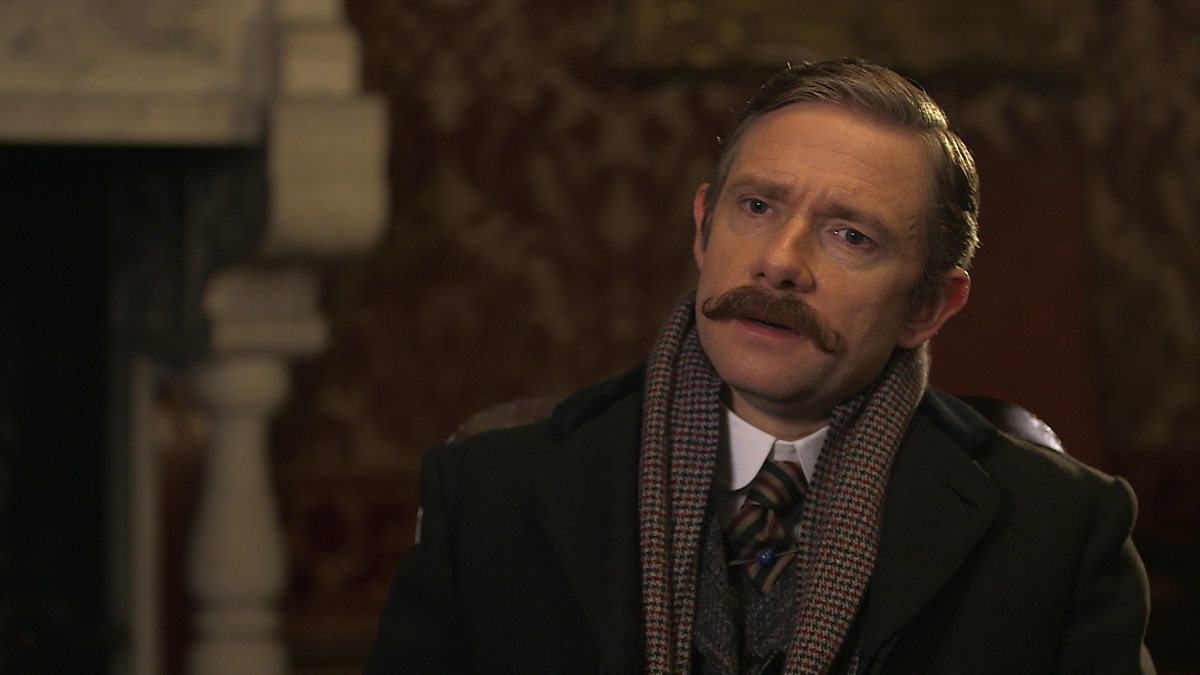
After a night of drinking in 1929, Grégor learned that Grappelli had originally played violin. He began playing piano in a big band led by a musician called Grégor. After experimenting with piano, Grappelli stopped playing violin, choosing simplicity, new sound, and paid gigs over familiarity. While Warlop admired Grappelli's jazzy playing, Grappelli envied Warlop's income. Grappelli was living with Michel Warlop, a classically trained violinist. He began developing his own jazz-influenced playing style. Jazz violinists were rare, and though Venuti played mainly commercial jazz themes and seldom improvised, Grappelli was intrigued by his bowing when he played "Dinah". He was playing in the orchestra at the Ambassador in 1928 when Paul Whiteman headlined with Joe Venuti. It was here that he was first introduced to jazz music. During orchestra breaks, Grappelli visited a local brasserie, Le Boudon, where he would listen to songs from an American proto-jukebox. Grappelli played there for six hours daily over the course of a two-year period.

His playing caught the attention of an elderly violinist, who invited him to accompany silent films in the pit orchestra at the Théâtre Gaumont. Īt the age of 15, Grappelli began busking full-time to support himself. Though invited to join them, Stéphane despised his father's new bride and chose to stay behind. Ernesto remarried to Anna Fuchs, and moved to Strasbourg with her during Stéphane's final year of schooling. Stéphane graduated in 1923 with a second-tier medal. I left, completely humiliated with my violin under my arm.” After allowing Stéphane to learn independently for a brief period, Ernesto enrolled him at the Conservatoire de Paris on 31 December 1920 it would give him the chance to learn music theory, ear-training, and solfeggio. When I asked how one should play, he exploded in laughter. Grappelli said, "My first lessons were in the streets, watching how other violinists played… The first violinist that I saw play was at the Barbès métro station, sheltered under the overhead metro tracks. Ernesto sent Stéphane to violin lessons, but the boy preferred to learn on his own. Grappelli began playing the violin at the age of 12 his father pawned his suit to buy him a three-quarter-size instrument. The boy's first name of Stéfano was gallicized to Stéphane. Sickened by his experiences with the Italian military, Ernesto took the boy to city hall, pulled two witnesses off the street, and had him nationalized as a Frenchman on July 28, 1919. Grappelli stayed at the orphanage until his father returned in 1918, who found his son in an apartment in Barbès. There were many times when I had to fight for a crust of bread", and claimed that he once tried eating flies as a means of easing his hunger. We slept on the floor, and often were without food. The Place was supposed to be under the eye of the government, but the government looked elsewhere. Grappelli said of this time: "I look back at it as an abominable memory. Įrnesto then entrusted his son Stéfano to a Catholic orphanage. With the war encroaching, Duncan, an American citizen, fled the country, turning her château over to be used as a military hospital. Stéfano enrolled in Duncan's dance school at age six, and he learned to love French Impressionist music. Having written about the American dancer Isadora Duncan, who was living in Paris, Ernesto Grappelli appealed to her to care for his son. Though living in France when World War I began, his father was still an Italian citizen and was drafted to fight for Italy in 1914. Stéfano's mother died when he was four, leaving his father to care for him. His father was a scholar who taught Italian, sold translations, and wrote articles for local journals. His Italian father, marquess Ernesto Grappelli, was born in Alatri, Lazio, and his French mother, Anna Emilie Hanoque, was from St-Omer. Grappelli was born at Hôpital Lariboisière in Paris, France, and christened with the name Stéfano. The latter, Italian spelling, is now used almost universally when referring to the violinist, including reissues of his early work. įor the first three decades of his career, he was billed using a gallicised spelling of his last name, Grappelly, reverting to Grappelli in 1969. He has been called "the grandfather of jazz violinists" and continued playing concerts around the world well into his 80s.


It was one of the first all-string jazz bands. Stéphane Grappelli ( French pronunciation: 26 January 1908 – 1 December 1997) was a French jazz violinist who founded the Quintette du Hot Club de France with guitarist Django Reinhardt in 1934.


 0 kommentar(er)
0 kommentar(er)
